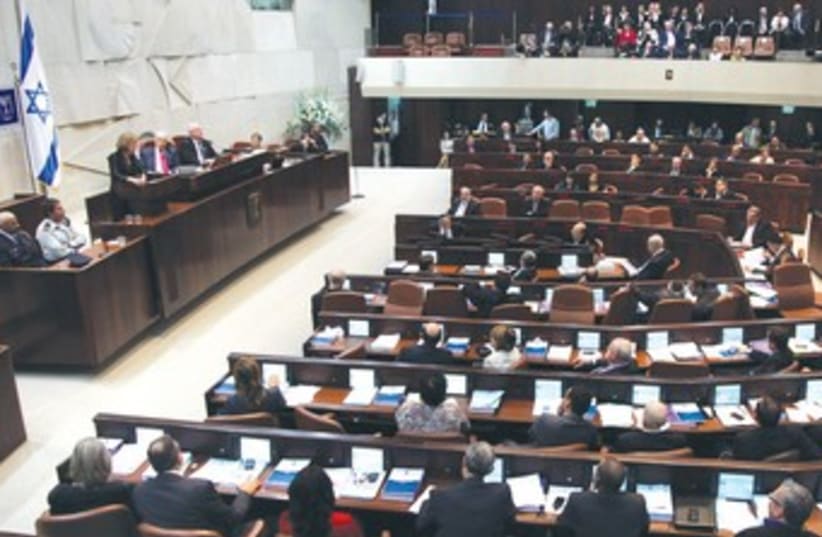Israel’s new two-party system: A force for extremism
iENGAGE: A new feature has emerged in Israeli politics this election season: the evolution of our political culture into a de facto two-party system similar to the Republican and Democrat divide in the US, referred to here as the Right and the Center-Left.
